
The chief medical executive at The University of Texas MD Anderson Cancer Center is expected to be named the next commissioner of the FDA by President Donald Trump.

The chief medical executive at The University of Texas MD Anderson Cancer Center is expected to be named the next commissioner of the FDA by President Donald Trump.

In Part 2 of this interview, Amaal Starling, MD, assistant professor of neurology at Mayo Clinic Scottsdale, discussed what still needs to be done in the migraine space in light of recent advancements and how disease-specific therapies are just the beginning for the field.

In Part 1 of this interview, Amaal Starling, MD, assistant professor of neurology at Mayo Clinic Scottsdale, shared her experiences with a number of new migraine drugs and devices and the impact that more options will have on clinical practice.

A phase 3 study of celecoxib oral solution showed statistically significant improvements in the acute treatment of episodic migraine.
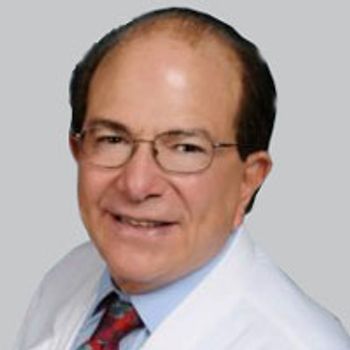
NeurologyLive's editor in chief Stephen D. Silberstein, MD, discusses the importance of considering treatment contraindications in the context of individual patients.
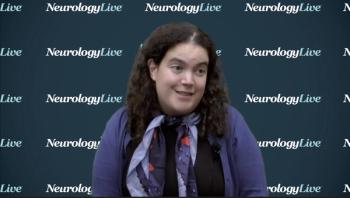
Mia Minen, MD, MPH, sat down for an interview to discuss why behavioral therapies could be an effective and easily accessible treatment for posttraumatic headaches following events like concussions.

At the 2019 American Academy of Neurology Conference, Mia Minen, MD, MPH took the time to sit down and discuss the behavioral therapies associated with treating migraine.
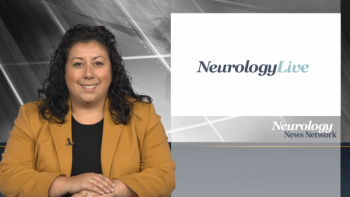
Neurology News Network for the week ending October 19, 2019.

At the 2019 American Academy of Neurology Annual Meeting, Mia Minen, MD, MPH, discussed the opportunities that the increasing number of mobile health users presents for migraine treatment.

Alder Biopharmaceuticals announced the dosing of the first patient with ALD1910, its investigational monoclonal antibody that inhibits PACAP to prevent migraine. The study is aiming to enroll 100 individuals with results in mid-to-late 2020.
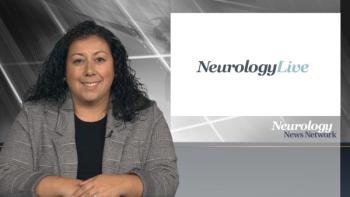
Neurology News Network for the week ending October 12, 2019.

Eli Lilly’s lasmiditan (Reyvow) tablets are the first member of the ditan class approved for use in adults with migraine with or without aura, offering patients who have an inadequate response to other therapies a new acute treatment option.

New classes of acute migraine therapies on the cusp of FDA approval look to fill in long-standing gaps in care.

As vestibular migraine is a common cause of vertigo, the results, which need to be confirmed with larger studies, suggest some potential for an effective and easy to use treatment for patients.

Originally approved by the FDA in January, sumatriptan nasal spray was acquired by Upsher-Smith in a territory rights agreement with Dr. Reddy’s Laboratories in June, as well as its 3-mg injection formulation (Zembrace SymTouch).

Despite early reservations, available literature suggests that it may be time to invest in the utilization of wellness-based methods in the treatment of migraine.

New classes of acute migraine therapies on the cusp of FDA approval look to fill in long-standing gaps in care.
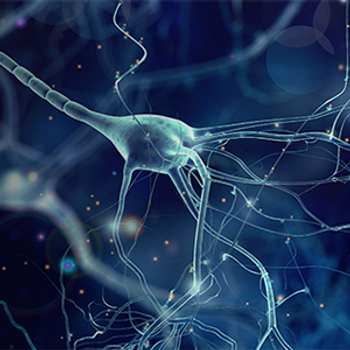
After a long period of time with minimally effective treatments for migraine, the growing understanding of the CGRP pathway has opened the door to a variety of new and highly efficacious therapies for patients with chronic and episodic forms of disease.
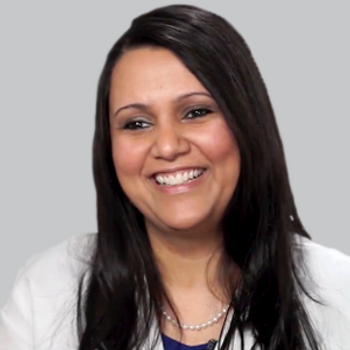
Reproductive considerations and hormonal fluctuations throughout a woman’s life require careful consideration when treating migraine.

Reducing the frequency of migraine is only 1 step in the process of optimizing management and addressing the disease's impact on patients’ lives.
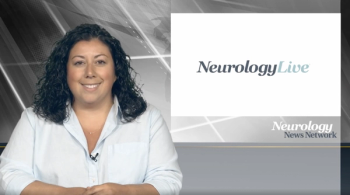
Neurology News Network for the week ending September 21, 2019.

The 1st Annual Congress on the Future of Neurology will take place September 27-28, 2019 at the InterContinental New York Times Square in New York City.

Impel NeuroPharma's nasal dihydroergotamine mesylate acute migraine therapy INP104 has shown excellent pharmacokinetic data, and is set to be assessed in a 24-week trial with a planned 28-week extension.
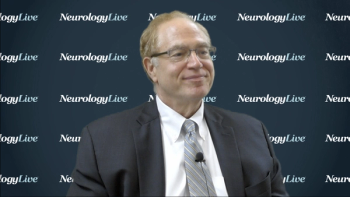
The director of the Montefiore Headache Center will provide further insight into migraine care at the 1st Annual International Congress on the Future of Neurology, to be held September 27-28 in New York City.
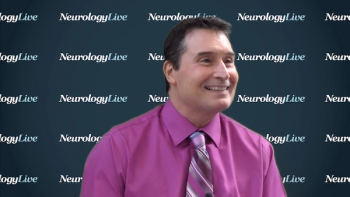
The distinguished professor and director of cell biology at Missouri State University discussed the use of nVNS in migraine treatment and whether or not it can replace the use of or be used in conjunction with triptans—a medication on which many patients fail or report poor response on.